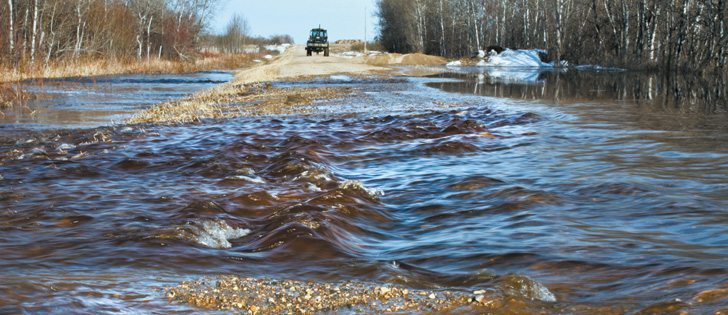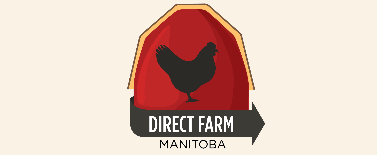Our Climate is Changing
 Tuesday, October 22, 2019 at 5:16PM
Tuesday, October 22, 2019 at 5:16PM The weather events of the week prior to the Thanksgiving weekend were disruptive, even though we were not all affected in the same way. Nevertheless we were all reminded of how our lifestyle makes us dependent on systems that can fail. We have been reminded of our vulnerability. Several people have reflected on this storm and this vulnerability. We will be publishing these reflections in a series of columns. If you have an experience or reflection you think is worth sharing, send it to eric@southeasttransition.com.
By Chris Randal
 Our climate is changing. Where once we could expect the majority of our precipitation as snow in the winter months we must now expect a more even split between snow and rain. This will likely mean that we experience an increasing number of years with both drought and flood in one year. If communities in the south east are to thrive in the face of climate change, we need to think of new ways to manage the built and rural landscape, relying less on technological solutions. We need to think less about how we drain our way out of trouble. We need to think more holistically about how we manage our water.
Our climate is changing. Where once we could expect the majority of our precipitation as snow in the winter months we must now expect a more even split between snow and rain. This will likely mean that we experience an increasing number of years with both drought and flood in one year. If communities in the south east are to thrive in the face of climate change, we need to think of new ways to manage the built and rural landscape, relying less on technological solutions. We need to think less about how we drain our way out of trouble. We need to think more holistically about how we manage our water.
For instance take the humble sump pump. It is a technical fix that allows us to boldly build basements where no basement should be built. The recent storm brought home to us how many homes rely upon this simple piece of technology which in turn relies on a highly complex power grid. Once the power went out in our home, our precious basement quickly became a burden rather than an asset to our home.
Building homes that are less reliant upon vulnerable infrastructure would seem to be a great start to climate proofing our communities but we also need to look wider at how our daily lives will be affected by climate disruption. For many Manitobans a rural lot is a very desirable location for a home, but maintaining the network of rural roads is likely to become increasingly expensive. Even if roads don’t flood gravel roads soon soften when ditches are full for weeks on end. Continuously fixing potholes and wash boarding soon eats up a municipal budget.
Farms have become more specialized as we have moved to more intensive agriculture as farmers attempt to increase profit margins. Much of the land that was previously used for hay or grazing is now used for row crops such as soy beans or corn. Production that was previously resilient to occasional temporary flooding is being replaced by higher risk agriculture. Climate change will make the odds of losing a crop much more likely. Accompanying this risk of crop loss, comes more top soil loss, nutrient pollution and soil compaction as farmers try to harvest crops from flooded soils. Already I am hearing demands for better drainage from farmers who are trying to make a living from marginal lands. But, given that we are currently unwilling to cover the costs of maintaining our existing rural drainage network to a high standard, how likely is it that we will be able to find money to construct and maintain an even more complex system. Some climate predictions warn us that our infrastructure will need to be capable of handling 25% more rainfall in a future warmer climate.
The reliance upon a technical fix is hard to resist. Perhaps it’s hard wired in to the Canadian psyche? It’s important to stress that ideology may affect how respond to these changes, but it should not determine whether we respond to these changes. There are valid free market solutions to drainage challenges and there are regulatory options to manage drainage. For example, a farmer could rent his land [to government] for the purpose of water storage or he could rent it [to another farmer] to grow a cash crop? Adapting our communities to cope with climate change will not be easy but it can be done and does not have to cost us the earth.


